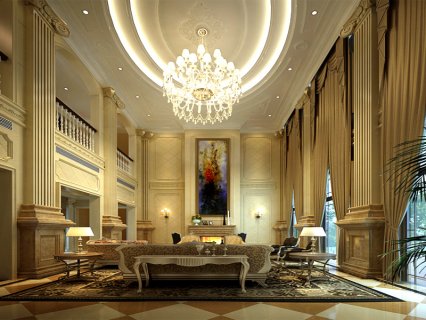
What is luxury products?
When asked to describe his threshold test for in the landmark case, Justice Potter Stewart answered: “I know it when I see it.”
You can apply the same answer to what is luxury: “I know it when I see it.” And, this author would add, “feel it or experience it.”
Integral to Justice Stewart’s answer is the idea that “luxury” is personal; differing for each of us based on the breadth of our life experiences, our standards, even our expectations. Is “luxury” a week at Tuscany’s Castello di Casole? A ski trip to Vail? Or a biannual visit to Canyon Ranch?
No offense, but I would say in order they are a luxury, a premium product and an occasional indulgence.
It is this personal and amorphous definition of “luxury” that makes marketing luxury products and services so problematic. If we can’t agree on “what is luxury, ” how do we know whom to target (an affluent person making $125, 000 a year, or a .05%er with $500, 000 in annual discretionary spending?) What approach to take in positioning (aspirational or as an earned reward) and how best to portray “luxury” in our communications (Veranda Magazine old-world affluent or Architectural Digest younger, contemporary and affluent?)
There is no universal definition of what is a luxury product, service or experience.
At The Gate, we believe that in order to successfully market a luxury product, you have to first know whether your product actually is a luxury product. Because if you think your product is a luxury but your target does not agree, you have a problem of missed expectations.
We believe to truly be a luxury product; it needs to have at least the following eight characteristics:
1) Rarity
Luxury is not democratic. By definition, it’s exclusive, rare and limited or it becomes a mass affluent product. Luxury products aggressively restrict when, where and how they are made, sold and to whom. This controlled and limited availability adds to its desirability. Consider the limited edition Lexus F Sport 500 HP LFA that sold all of the 500 cars at $375, 000 … each. At that price, I’ll limit myself to one. In red. Please.
2) Excellence
Luxury never negotiates on quality. No concession is ever made on materials, craftsmanship or standards, which are unflinching. Excellence is not fleeting or variable. It is earned and consistent. Think of wineries who discard an entire year’s production because the vintage does not meet the winemaker’s steadfast standards.
3) Expensiveness
Just because a product is expensive, does not mean it is a luxury product. But conversely, all luxury products are expensive. Expensiveness intensifies rarity and gives reason to believe that the product delivers on excellence. Think Macallan 64 Years Old Scotch bottled in Lalique crystal and sold for $460, 000.
4) Timelessness
Luxury is timeless. It has a past. Even if manufactured through communications. It is also immortal because it leaves a lasting, indelible impression. Think how Oscar night’s best- dressed wear 60-year-old original Valentino dresses as the ultimate expression of a luxurious way of life.
You might also like










